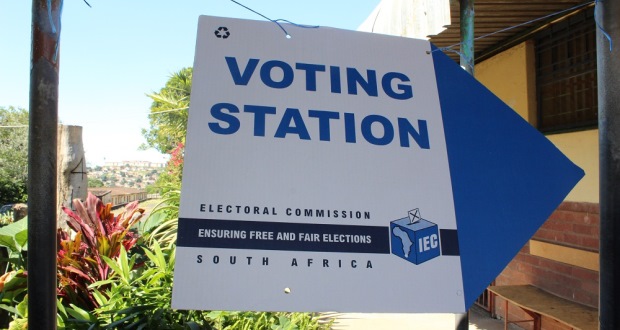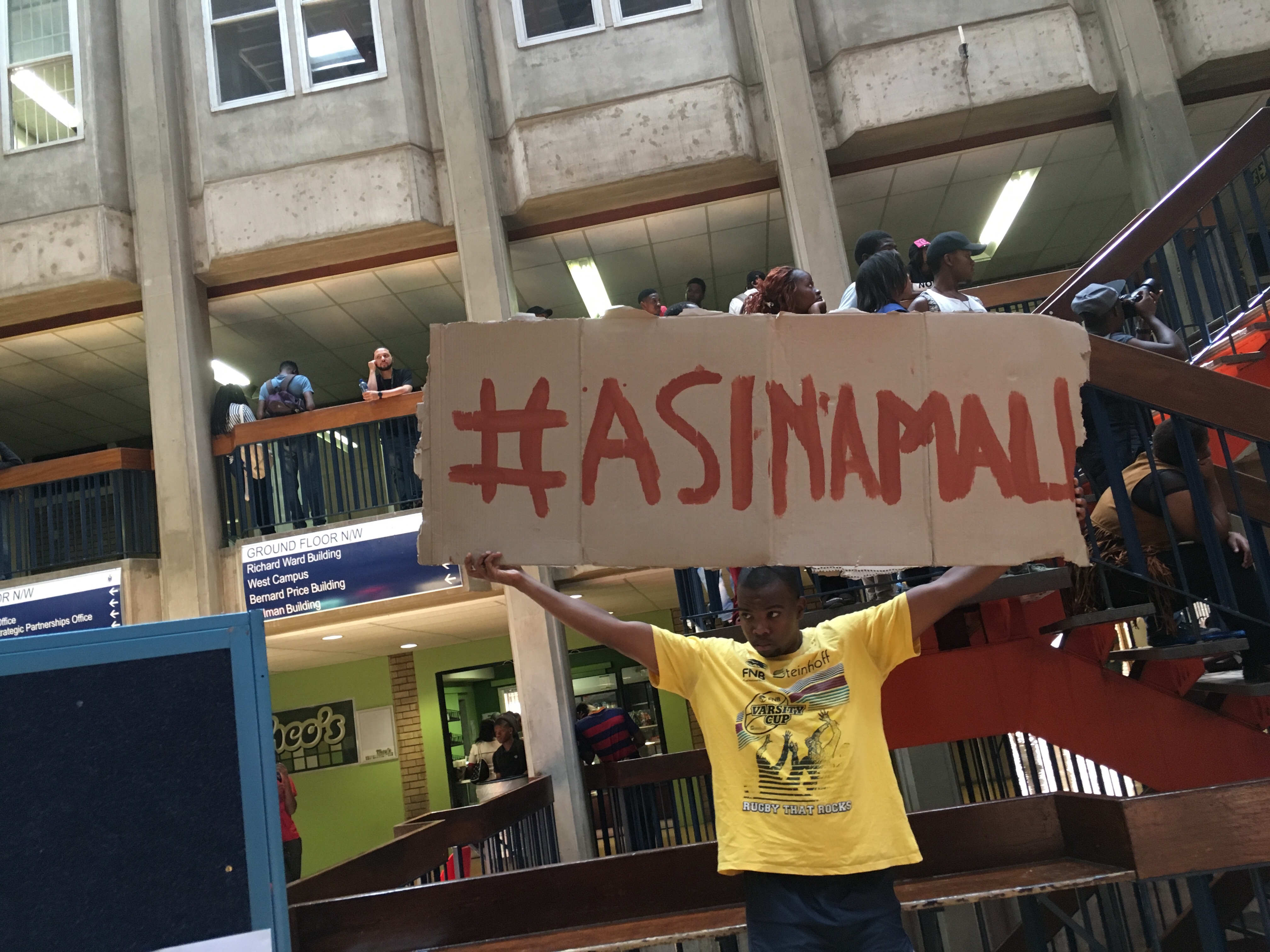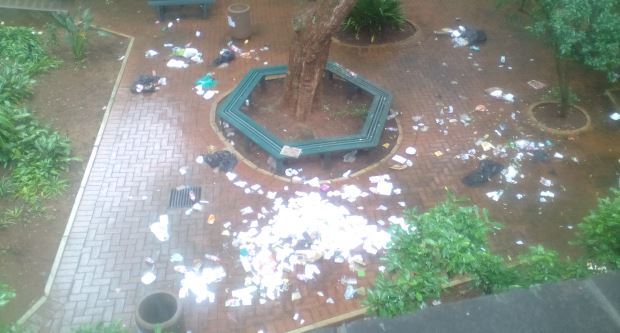The South African Human Rights Commission (SAHRC) has found that the City of Cape Town’s use of temporary chemical toilets as an on-going means of ablution is racially discriminatory against black African people. RA’EESA PATHER reports.
“The [City] violated the right to basic sanitation of the residents of the informal settlements where chemical toilets were deployed on a long-term basis,†it said in its findings, adding “This violation indirectly unfairly discriminates against persons of the specified racial group.â€
The Social Justice Coalition (SJC), a Chapter Nine institution working primarily in Khayelitsha, which requested the SAHRC investigate the matter, described the finding as a “big victoryâ€.
Axolile Notywala, a member of the SJC, said the report showed that black people are not treated the same as the city’s non-black residents.
“People living in informal settlements are treated as visitors, are not treated the same as people who live in formal areas, as people who live in rich areas across the city,†Notywala said.
“We’ve been saying that the City doesn’t have a plan for access to basic sanitation services. It provides services on an ad hoc basis,†he added.
The SJC prompted the investigation after it conducted a week-long audit on non-flush toilets in four settlements in Cape Town. Fieldworkers audited 256 toilets and interviewed residents about their experiences and found that half the toilets were in an “unusable conditionâ€, 170 toilets were damaged and, according to residents, a third of the toilets had not been cleaned in the week prior to the audit.
It later filed a complaint against the City of Cape Town, accusing the city of violating people’s rights to dignity, privacy, basic sanitation, and a healthy environment.
The problem with Mshengu
The chemical toilets were provided by Mshengu Services. Between 2010 and 2013, the city paid Mshengu over R100-million to install and maintain the bright blue chemical toilets around informal settlements. The company was contracted in June 2010, and since then myriad problems have been reported.
The toilets are not fastened to the ground, and can easily topple in windy conditions. Residents in Khayelitsha have been forced to defecate in bushes in instances where the portable toilets have fallen over.
Although there is meant to be a ratio of five families to one toilet, the SJC report concluded that an average of 17 families are expected to share one portable toilet. Informal settlers have said in the past that the state of uncleanliness in these facilities is unbearable, with the smell forcing people to turn to the bushes on hot days.
According to the SAHRC, Mshengu toilets are the “primary sanitation facility†for 93.4% of residents in informal settlements.
“The problem with the Mshengu is that they are only cleaned once a week, and there are many people living in our area, so they get full very quickly,†said Nthuthuzelo Vika, a 25-year-old resident in Khayelitsha who has used the chemical toilets for four years.
Juliet Platjies, a mother of seven in Khayelitsha, has one chemical toilet in her backyard, which is used by all her neighbours and her children. Because the toilet is often full, she has been forced to use a bucket so that her children have access to the toilet.
“I have one bucket just for me, the Mshengu is for the children,†she said. “All the people come to my yard to use the Mshengu. I can’t be angry, because I must help them.â€
These conditions appear to have spurred the infamous “poo protest†movement, led by Ses’khona People’s Rights Movement leaders Andile Lili and Loysio Nkohla, who took to the streets armed with buckets of human waste in the middle of last year.
The Mshengu toilets are meant to be temporary services for emergency housing, and the SAHRC found their long-term use to be unreasonable.
De Lille disagrees
In a weekly newsletter, City of Cape Town Mayor Patricia de Lille disagreed with the findings, saying the SAHRC failed to understand the practical realities of basic service delivery.
“It is particularly astounding that the HRC can argue that the city’s provision of chemical toilets constitutes unfair discrimination,” De Lille said, who accused the SAHRC of undermining the provincial government.
“Of course, the city would like to provide full flush toilets on a 1:1 ratio, but this is simply not possible given very real practical constraints,” she said.
The SAHRC has given the City six months to develop new norms and standards for the provision of basic sanitation and to come up with an alternative service that is “available, accessible, acceptable to users and of appropriate quality”.

![Langa shack fire toilets [Wikimedia Commons]](https://www.thedailyvox.co.za/wp-content/uploads/2014/07/Langa-shack-fire-toilets-Wikimedia-Commons.jpg)







